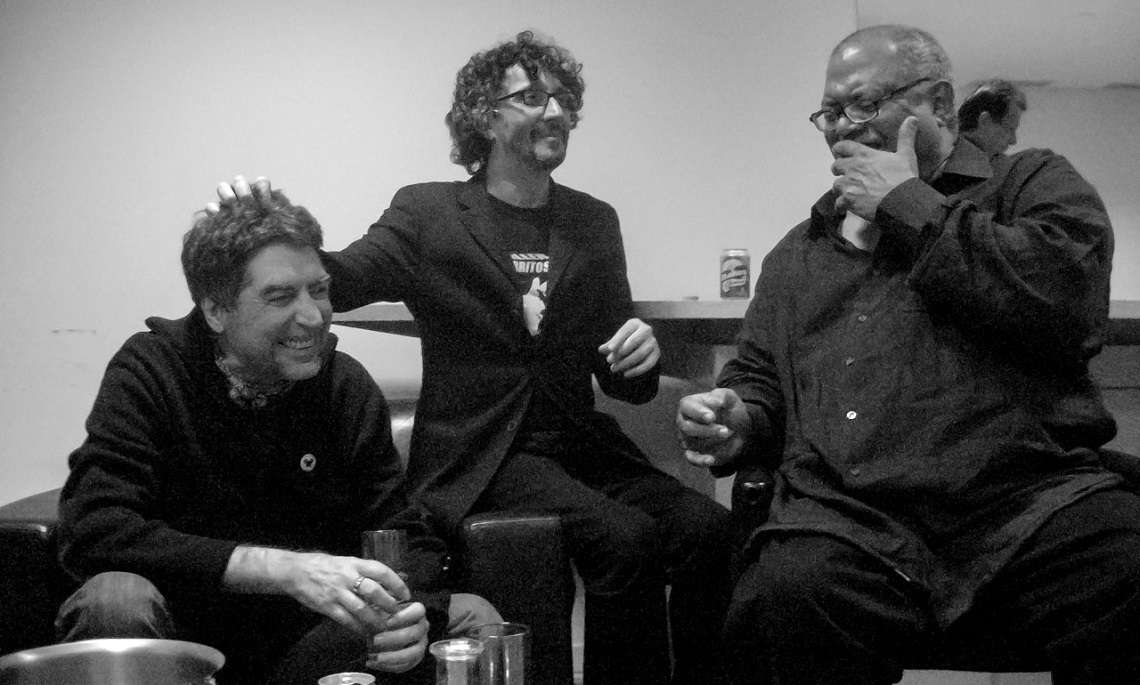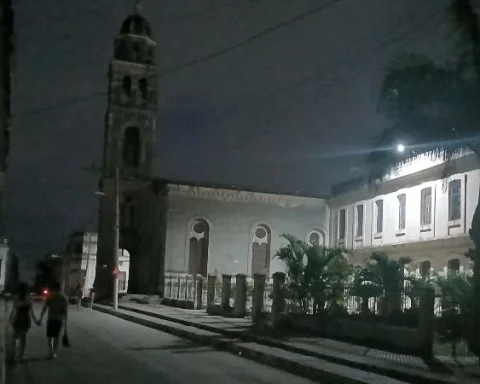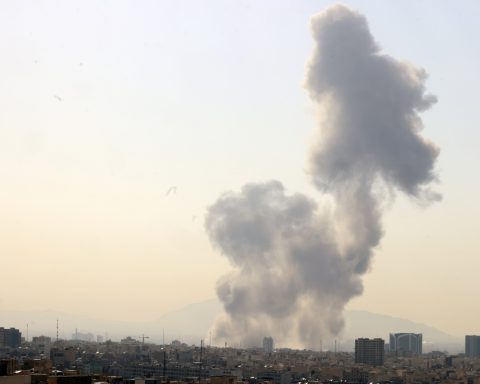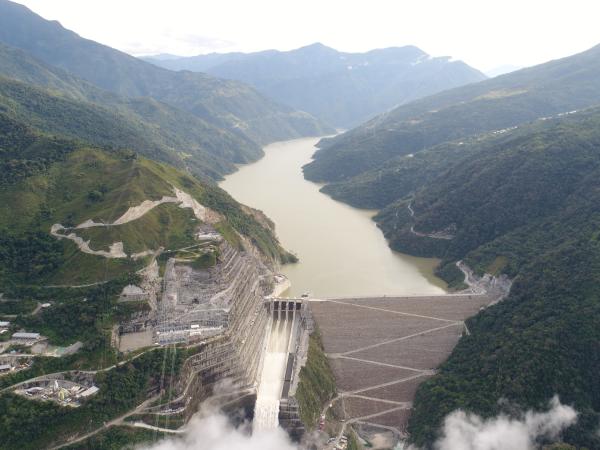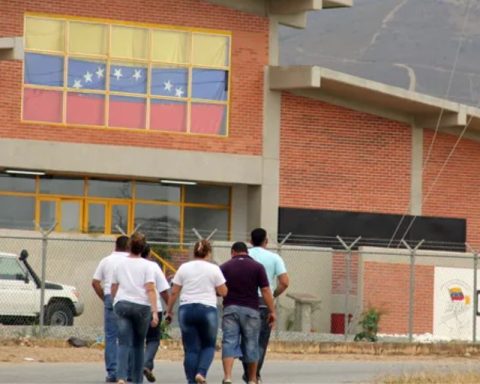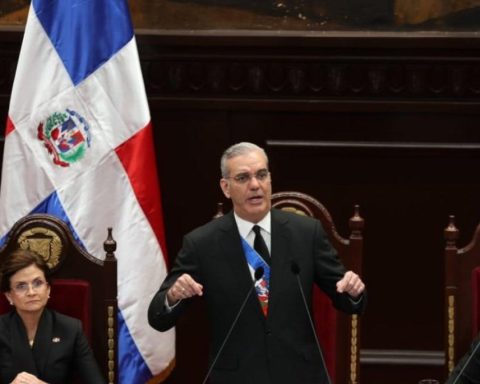Since he announced the first concert I try to find capacities. Joaquin Sabina He returns to Buenos Aires in March 2023, where an unbridled audience awaits him, so Sabinero that he can emulate the strongest of the singer-songwriter’s caricatures. A second sold out concert. They added the third, but the tickets lasted so little that there was barely time to digitally process the management on the Movistar Arenas website, a modern site with a capacity for some 15,000 people where I arrived last weekend to applaud Joan Manuel Serrat on “his farewell tour.”
I was hoping they would add another performance by Sabina and they finally did, so I hope to return to a show of hers in this city of so many reciprocated loves. I was already in one, in 2014. The experience was unforgettable. I can’t tell you about the results this time, because the tickets will be sold on this day.
One thing that I can assure you is that things have happened in the lapse, as they say around here, and those things have to do with each other as if in order of causality. First there was the news of this tour called “Against all odds”, because as you will remember, Sabina had health problems in recent times, such as that accident on her 74th birthday.
In the middle of a presentation with Serrat, regarding the “No hay dos sin tres” tour, at the beginning of the coronavirus pandemic. COVID-19, a bad step made him fall from almost two meters into the security pit of the stage. Everyone said: “Oops!”, And with our nails falling apart between our teeth, we followed the moment and the recovery, hoping that this man would sing to us again, or whatever he wants to call what he does.
That day was recorded in the documentary by Fernando León de Aranoa, who for about thirteen years followed the singer-songwriter and poet, to conclude with two hours already released in theaters in Spain since last week. Feeling it a lot It has a song with the same title, composed by Sabina together with Leiva, and in which there are some verses that attest to that terrible and dangerous moment: “Many believed that they had repaid me /, when I traveled from the WiZink Center on a stretcher to the hospital / with Serrat’s fingers intertwined /, giving me back the desire to sing”.
I was in this of tracking the concerts, watching the documentary and, above all, reading one of the interviews with Sabina; especially one of her where she had commented on her current relationship with the Government of Cuba and the universal left. It was posted by The world and I have only managed to read quotes that seem to me to be opinions that coincide with those of many of us. I was doing that when a tweet from Pancho Varona jumped out at me. He had just posted it on his social media. He communicated that Sabina had left him out of the upcoming tour, and, parodying each of these titles, he stressed, not without a certain irony, that she had been with him on some forty tours, that they had composed 100 songs together, that he had produced 15 of their albums and that they have been friends for forty years despite the unforeseen decision.
— Pancho Varona (@Panchovarona) November 15, 2022
Personally, the news left me with a taste of sadness, because we know that Pancho Varona is part of a kind of trinity, along with Antonio García de Diego, behind which are many of the best compositions by the singer-songwriter from Úbeda. It is also true that for a long time he needed to get rid of what one can consider his “more traditional” stage, and that this elementary need for a creator gave rise to some of his greatest recording works, although this comparison does not make sense and If I do it, it is to make it clear that these are stages, that they have to do only with the necessary experimentation.
This break began with the arrival of the Argentine Alejo Stivel, who produced a jewel in the Spanish discography called 19 days and 500 nights (1999) and, after three albums recorded in the studio and four live (some of them with Serrat), he would continue with works with Leiva, who although not at the same level as Stivel, has left him good moments and effective songs. In all these years, meanwhile, Sabina did not lack baths of depression, after which she returned to shine on stage; but she would get sick again giving the idea of having reached the end of her career, and unexpectedly she would come back brilliant again. A phrase from the Spanish film critic Carlos Boyero, said after having seen the documentary, could be used: “Being Joaquín Sabina can be complicated”.
I’m sorry about the separation between Sabina and Varona. There will be reasons for it, and, on the other hand, it is true that in these times there is no other option than reinvention until the last minute, a time also ignored by all mortals, to our luck. Even when some announce it, right now Serrat, who has had the courage to say that he is retiring from the stage, although not from life, and I was lucky enough to see him, along with some dear friends, at one of the farewells. It turned out to be one of the most moving moments, since the Nano had some 12,000 people in front of it, who must be the most faithful people in the world: the vast majority of his peers, some very, very old. They had to go up the stairs to get to their seats with the help of two or three because normally they use burritos; I saw many others in wheelchairs, but nothing prevented them from being there to shout with happiness like children, to record the concert with their cell phones like teenagers.
The other moving moment was produced by the death of Pablo Milanes, one of the artists I have most admired. Pablo encouraged our dull days with his powerful voice and that tone of blissful anguish. His death, although it seemed inevitable, surprised those of us who followed the work of an artist whose strength seemed to have recovered on stage, and he was looking for that strength on stage until the end of his days. Sabina often spoke of Milanés’s temperament, his resolve in life and his humanity. There is an anecdote that expresses his talent. It happens when she tells him that she has written a song for which she has no melody. It is about “A song for the Magdalena”. They talked about it on the phone and the Cuban only said: “wait”, and likewise he created the music for which we know him today.
The song was included on the album 19 days and 500 nights (1999). In 2011 we heard it through Milanés. It was for the record Havana sings to Sabina, recorded in Havana, a city where his remains will not go, for now, despite love. Twenty years later the theme remained in the deluxe edition for the 20th anniversary of 19 days….
Then the version of Pablo Milanés is heard, who makes it his own, not only because it was like that musically, but because he used to appropriate the lyrics of a song until he turned it into his own song as the great genius that he was; and so we listen to him telling us what makes us think not only of whores, as is the idea, but also of those who believe that there are disastrous companies just because they make the opinion of one person pass on to another that they, so purists, understand improper.
I, however, now want to hear that piece of song.
If you are lonelier than the moon,
let yourself be convinced,
toasting my health, with a
that I know
And, when the drinks come up,
double what you ask
give him for his favors,
that, in the house of Mary of Magdala,
bad companies are the best.
